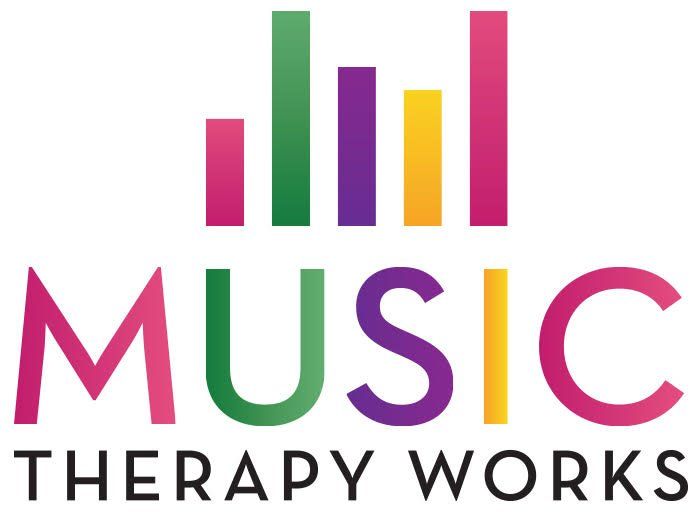All our music therapists belong to the HCPC Register of Health and Care Professionals and are required to meet the standards set by this regulatory body. You can find out more about the HCPC Register and the professional requirements of music therapists by visiting www.hcpc-uk.co.uk.

Music Therapy training is at Masters level and requires a high standard of musicianship. Music therapists undergo their own therapy as part of the training process and sometimes return to this once qualified. Music Therapists receive regular clinical supervision of their work.
Appropriate child and/or adult Safeguarding training is mandatory for all MTW Music Therapists and we hold in-house training every 3 years for the MTW team to complete their Safeguarding Children (Level 3) training and the additional training in Level 4 (including level 3 LAC). The direct personal delivery of this training means that additional discussion includes aspects of higher level and other specific training and we ensure all our therapists have received this.
Where possible this training is delivered in a closed session to the whole MTW team in order that we can look carefully at specific issues of relevance in this context. Our trainer is the highly regarded safeguarding expert, Penny Rogers, Director of Devon Family Solutions Ltd. Penny is a very experienced Music Therapist and systemic psychotherapist. Before taking up her current role Penny was Head of Safeguarding for North Essex Partnership University Foundation Trust.
Our commitment to this training is in line with the recommendations from the Royal College of Paediatrics and Child Health that any professional engaged in the assessment, treatment or care of children should have safeguarding training to this level.
We believe that higher levels of safeguarding training make a significant and positive difference to clinical work. Through regular safeguarding training, MTW ensures that Music Therapists:
- continue to be alert and aware to both verbal and non verbal signs of abuse
- remain up-to-date with clinical and legal practice issues
- increase their understanding and knowledge of correct procedures
- ensure clear protocols are adopted in liaising with other professionals


